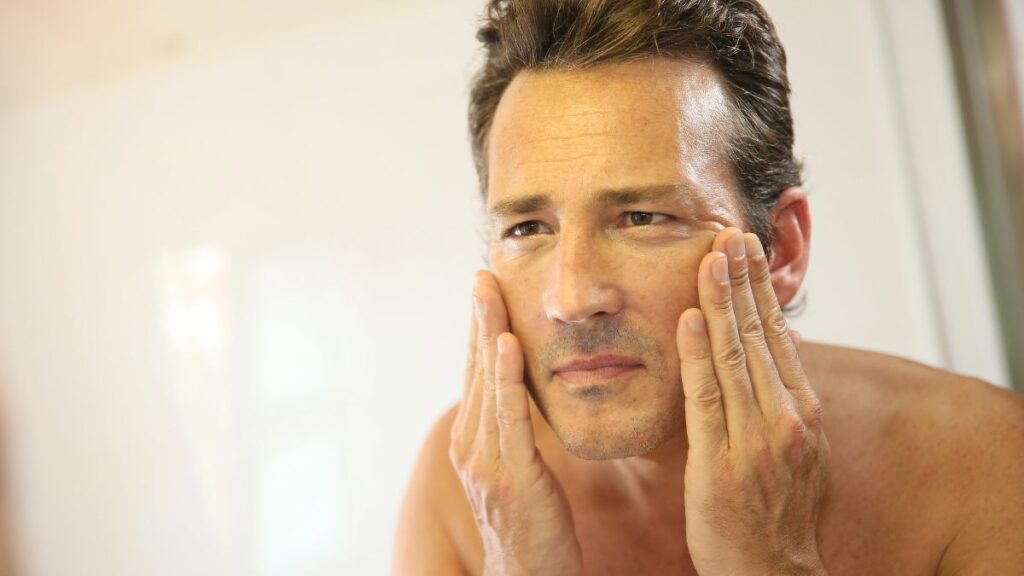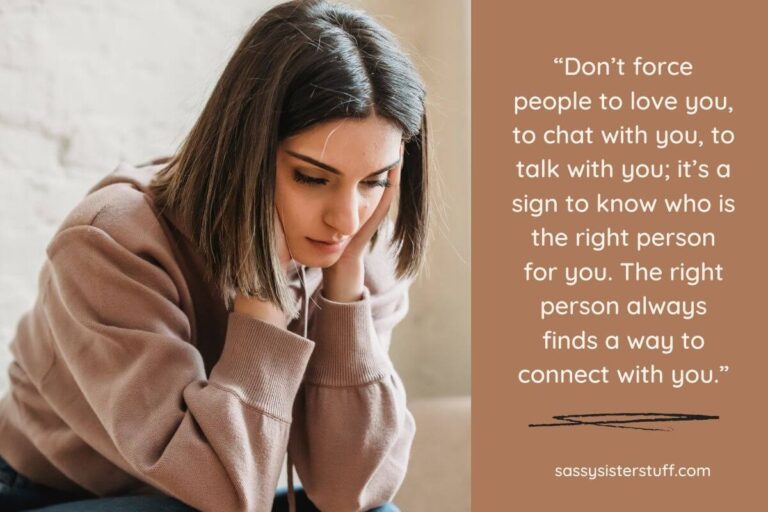14 Ways Social Media Can Negatively Impact Your Mental Health
Social media is part of everyday life, connecting us to people, ideas, and entertainment. It’s where we share, learn, and sometimes even build our self-image.
While it has its perks, it can also negatively impact our mental health in ways we might not realize. Take a look at how social media impacts us and what we can do to maintain a healthier balance.
Comparison Trap

Scrolling through filtered posts can lead to constant comparisons. Seeing others’ “perfect” lives can make you feel unhappy with your own. These comparisons can harm your self-esteem and make you question your worth. Remember, social media rarely shows the whole story; it’s more of a highlight reel than real life.
Fear of Missing Out (FOMO)

Social media often portrays people as constantly living their best lives. This can create a fear of missing out, making you feel like you’re being left behind. FOMO can lead to compulsively checking your feeds and feeling anxious or disconnected.
It’s important to remind yourself that no one is constantly experiencing joy, no matter how it looks online.
Cyberbullying and Harassment

The anonymity of social media can lead to cruel behavior. Many people face hurtful comments, harassment, or even threats online. These experiences can cause anxiety, depression, and feelings of isolation. Setting boundaries and reporting harmful interactions is essential to protect your well-being.
Social Media Addiction

Getting hooked on the endless scroll of updates, photos, and videos is easy. Spending too much time on social media can interfere with your relationships, productivity, and mental health. Overuse can even lead to feelings of withdrawal if you’re unable to log in. Setting limits on your screen time can help you regain control and focus.
Disrupted Sleep Patterns

Using social media before bed can disrupt sleep. The blue light from screens and the stimulation of engaging content can make relaxing harder. Poor sleep can affect mood, energy, and overall mental health. To improve your rest, try setting your devices aside an hour before bedtime.
Unrealistic Beauty Standards

Filters and edited photos create unattainable beauty ideals. This can lead to body dissatisfaction and even contribute to issues like eating disorders. Constantly measuring yourself against these standards can harm your self-esteem. Embracing natural beauty and diversity is key to countering these pressures.
Validation-Seeking Behavior

It’s easy to tie your self-worth to likes, comments, and shares. This need for external validation can leave you feeling insecure when engagement doesn’t meet your expectations. Focusing on building confidence from within rather than seeking approval online can help. True self-worth doesn’t depend on social media metrics.
Distorted Reality

Social media often presents an exaggerated version of life. People share their highlights, not their struggles, creating a distorted sense of reality. Comparing your real life to someone’s polished online presence can make you feel like you’re falling short. Recognizing this can help you keep a healthier perspective.
Less Face-to-Face Interaction

Relying too much on social media can reduce in-person connections. Digital interactions don’t always offer the depth of real-life relationships, leading to feelings of loneliness and social isolation. Prioritizing quality time with friends and family can help strengthen bonds.
Information Overload

The constant flood of news and updates on social media can feel overwhelming. Processing so much information can lead to stress and mental fatigue. Taking breaks from your feed can help you feel more grounded and focused. Not every update needs your attention right away.
Pressure to Conform

Social media often promotes trends and norms that pressure people to fit in. This can stifle individuality and make you feel you need to change to be accepted. Staying true to yourself is more valuable than meeting shifting online expectations. Authenticity is always more fulfilling than conformity.
Harmful Content Exposure

Social media can expose you to distressing or triggering content. Graphic images, upsetting news, and negative posts can take a toll on your mental health. Curating your feed and using tools to filter harmful content can help create a more positive experience. You have the power to control what you see.
Body Image Issues

Constant exposure to idealized body types can distort how you see yourself. Social media often focuses on appearance, leading to dissatisfaction and unhealthy behaviors. Challenging these standards and focusing on self-acceptance can improve your body image. Everyone’s beauty is unique and valuable.
Time Lost to Scrolling

Hours spent scrolling through your feed can take away from real-life experiences. It’s easy to lose track of time and feel regretful afterward. Finding a balance between online and offline activities can help you feel more fulfilled. Time spent meaningfully is time well spent.
Related: 20 Brutally Honest Reasons Women Walk Away from Relationships

Relationships can be complex and demanding, requiring effort, understanding, and mutual respect to thrive. However, there are times when women decide to leave, often due to a myriad of reasons that can be deeply personal and revealing.
20 Brutally Honest Reasons Women Walk Away from Relationships







